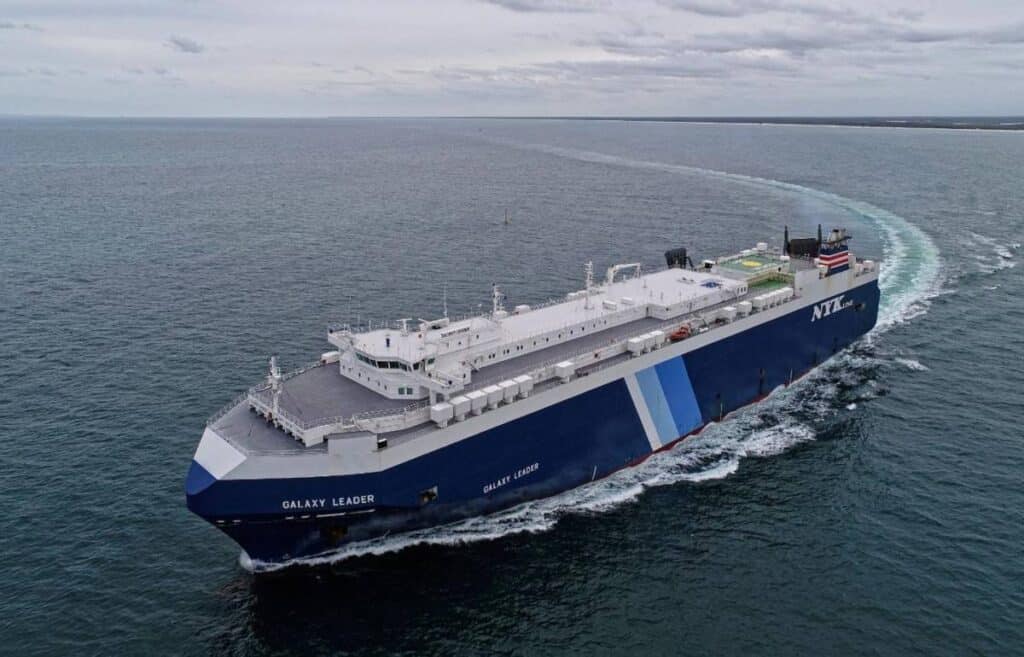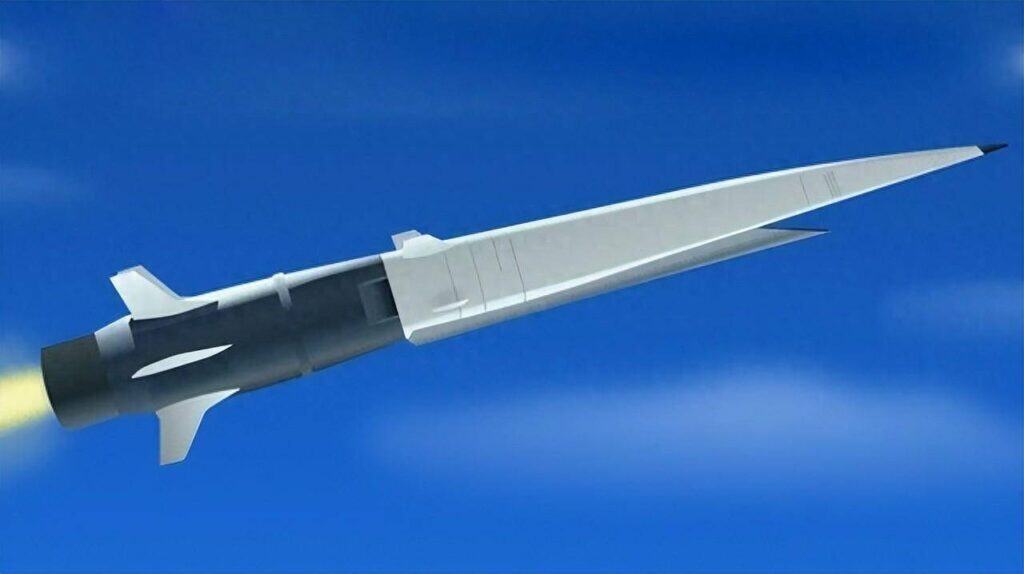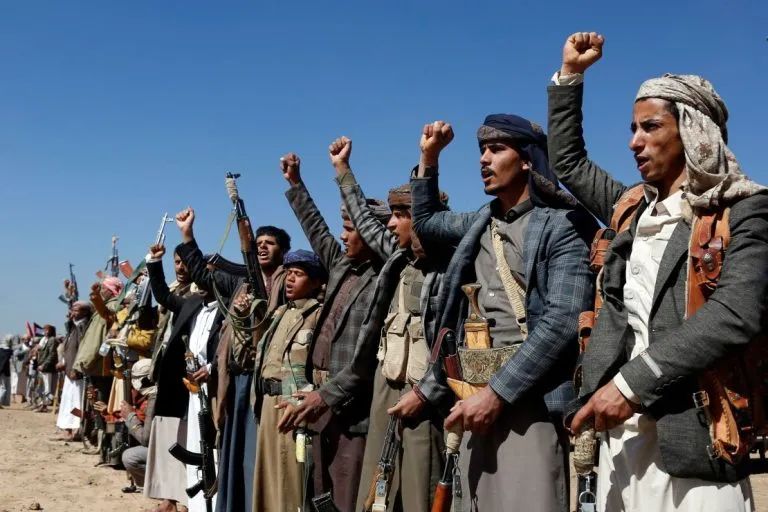Houthi Forces Extend Operational Reach to the Indian Ocean and Equip with Hypersonic Missiles
On the evening of March 14 local time, Abdul Malik Houthi, leader of the Houthi armed group in Yemen, reiterated support for Palestine in a televised address and declared intentions to take action to prevent ships associated with Israel from sailing. He stated that the Houthi forces would not only block these vessels from passing through the Arabian Sea, the Red Sea, and the Gulf of Aden but would also expand operations into the Indian Ocean, including obstructing their passage around South Africa’s Cape of Good Hope. This declaration signifies an expansion of their operational range, posing a new challenge to international shipping.

An official spokesperson for the Yemeni Houthi armed group, Abdul Malik Houthi, announced via a Telegram channel that the organization plans to significantly expand its operational range to cover thousands of square miles of the vast Indian Ocean region.
“We are committed to effectively expanding our operational range, penetrating into areas and locations that are unpredictable for the adversary,” the commander stated. He further emphasized active measures to prevent ships associated with Israel from crossing the Indian Ocean and to stop them from proceeding from South Africa towards the Cape of Good Hope.
The Houthi forces have stated that preparations to expand their operational range have begun, demonstrating their determination and strength.

Since seizing the GALAXY LEADER vessel in November last year, the Houthi group has launched attacks on passing ships in the Red Sea and the Gulf of Aden, leading to major shipping companies opting to avoid the Red Sea and circumvent Africa’s southern tip at the Cape of Good Hope. While circumnavigation increases distance and costs, shipping companies generally believe it ensures safer passage as long as they avoid the Red Sea.
However, the announcement by the Houthi forces to expand their operational reach to the Indian Ocean implies that shipping companies opting to circumvent the Cape of Good Hope will face new challenges. In recent months, the Houthi forces have attacked 73 vessels and warships related to Israel, the United States, and the United Kingdom. In the past week alone, the US and UK conducted 32 airstrikes against Houthi targets on land and at sea.
This new move by the Houthi forces undoubtedly exacerbates regional tensions and poses a new challenge to international shipping security. Shipping companies and the international community need to closely monitor developments and take appropriate measures to ensure maritime safety.
Russian Media: Houthi Forces Conduct Hypersonic Missile Tests and Prepare for Deployment

According to reports from Russian news agency TASS, Yemen’s Houthi forces have successfully tested highly lethal “hypersonic missiles” with a flight speed of up to Mach 8. These missiles are planned to be used in attacks in the Red Sea, the Arabian Sea, and the Gulf of Aden, as well as to target Israel. Additionally, the group has upgraded missile and drone warheads, doubling their destructive power.
Houthi force leaders have stated that these strategic achievements will place Yemen among the few countries possessing such capabilities. Since the outbreak of the Israeli-Palestinian conflict, the Houthi forces have repeatedly used drones and missiles to attack targets in the Red Sea in support of Palestine, while countries like the US and UK have conducted airstrikes against Houthi targets, escalating tensions in the region and drawing widespread condemnation.
Russian media points out that the successful testing of hypersonic missiles by Yemen’s Houthi forces signifies significant progress in their missile technology, posing a serious challenge to Western military forces in the Middle East. Furthermore, the Houthi forces have conducted military exercises simulating an invasion of Israel, demonstrating a firm stance against Israel and further exacerbating regional tensions.

Houthi force leaders have expressed pride in these achievements, believing they will enhance Yemen’s international standing. However, the actions of the Houthi forces have prompted airstrikes from countries like the US and UK, exacerbating regional tensions. This series of military actions has garnered attention and concern from the international community, presenting a serious challenge to regional stability.
